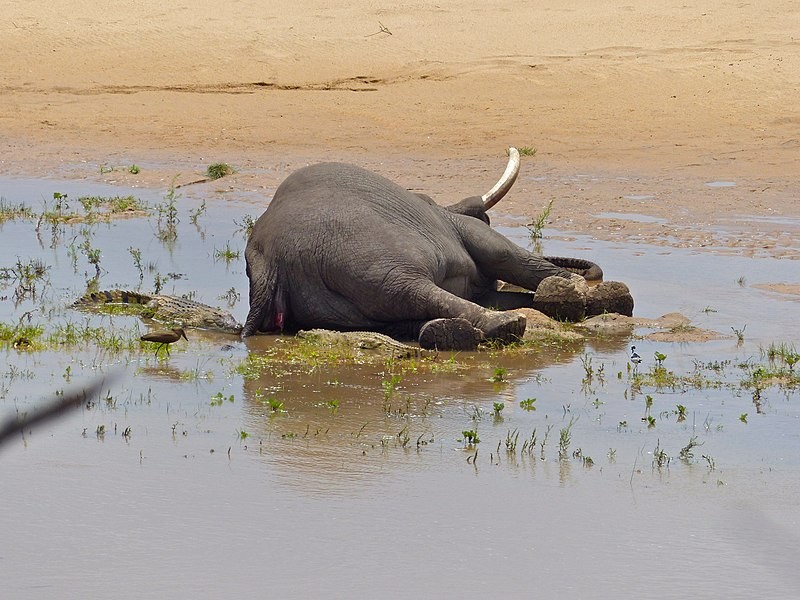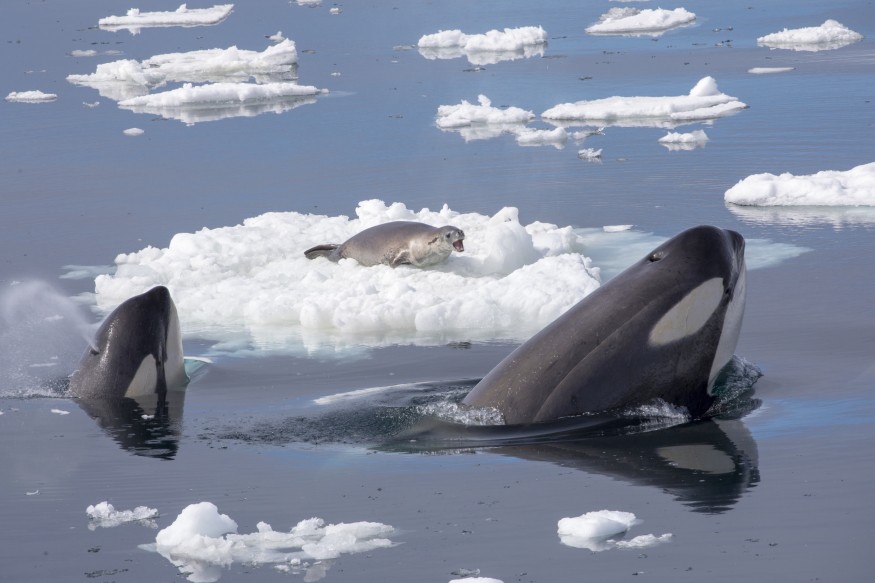Are animals capable of grief? What does it signify for their wellbeing and conservation if they grieve? Even though it might sound dubious, there is much evidence for animal mourning. Animals experience grief like people, including chimpanzees, otters, and sea lions.

Mourning Chimp
An old chimpanzee mother, Flo, passed away in the Tanzanian jungle in 1972. It appeared to be an awful loss for her son Flint. The chimpanzee, who had a unique attachment to his mother, suddenly became listless, lost his appetite, and increasingly separated from the other troop members.
He ate seldom and had lost more than a third of his weight by the third week, according to a young Jane Goodall, the renowned primatologist who had long observed the group. Then, Goodall stated that the malnourished Flint had also passed away a month after his mother had.
Reacting to Other Animals Passing Away

When an animal's family or associates pass away, researchers have found dozens of instances of odd and heartbreaking behaviors similar to this throughout the animal kingdom. These actions raise the intriguing question of whether animals grieve and lament their deceased as humans do.
This question would have been disregarded as unscientific not so long ago. The study of death and its related rituals is a large area of study known as "evolutionary thanatology," which is being investigated by an increasing number of scholars.
A can of worms is opened when one attempts to characterize these actions. One school of thought holds that to grieve, a person must first be able to comprehend death and its relationship to this unavoidable force - something that's hard to demonstrate in animals. (However, some strong arguments show animals have a notion of death.)
However, it's possible to experience sadness without clearly understanding death. Another perspective on sorrow is a component of the effort to comprehend a loss, which makes it visible in how a person reacts to a dead body.
It's also true that other factors, such as curiosity, perplexity, tension, or terror, might explain similar behaviors. This is particularly true for animals whose death-response is a little stranger.
No Exact Pattern
Even in humans, sadness doesn't follow a set pattern; it might appear as a broad range of actions and feelings. Who is to say that animals don't also go through stages of curiosity, fear, and learning?
Perhaps anthropologist Barbara J. King came up with her concept of animal sadness because of these muddled and divergent viewpoints. According to the renowned scientist who produced the book "How Animals Grieve" (University of Chicago Press, 2013), grieving is defined as a shift in fundamental functions brought on by death and deviates from the typical feeding cycle, sleeping, and socializing. King suggested that this would expand the definition of sadness to encompass many animal species capable of feeling it.
Necessary for Survival
According to some experts, grieving is necessary for survival, which might support the hypothesis that loss also affects animals. The observational studies showed that baboons (Papio hamadryas ursinus) become listless after a relative dies to get more grooming from other colony members.
Elephant researcher Sanjeeta Pokharel remarked, "When we talk about conservation, at least some type of feeling should be there. What better way to do it than to think that other creatures share that feeling with us?
Related Article : Male Dolphins Acts as "Wingman" to Help their Buddy Find Mates
For similar news, don't forget to follow Nature World News!
© 2025 NatureWorldNews.com All rights reserved. Do not reproduce without permission.





